
OR
#Commentary
NC general secretaries face criticism due to their dual character
Published On: July 24, 2023 06:30 PM NPT By: Subodh Gautam
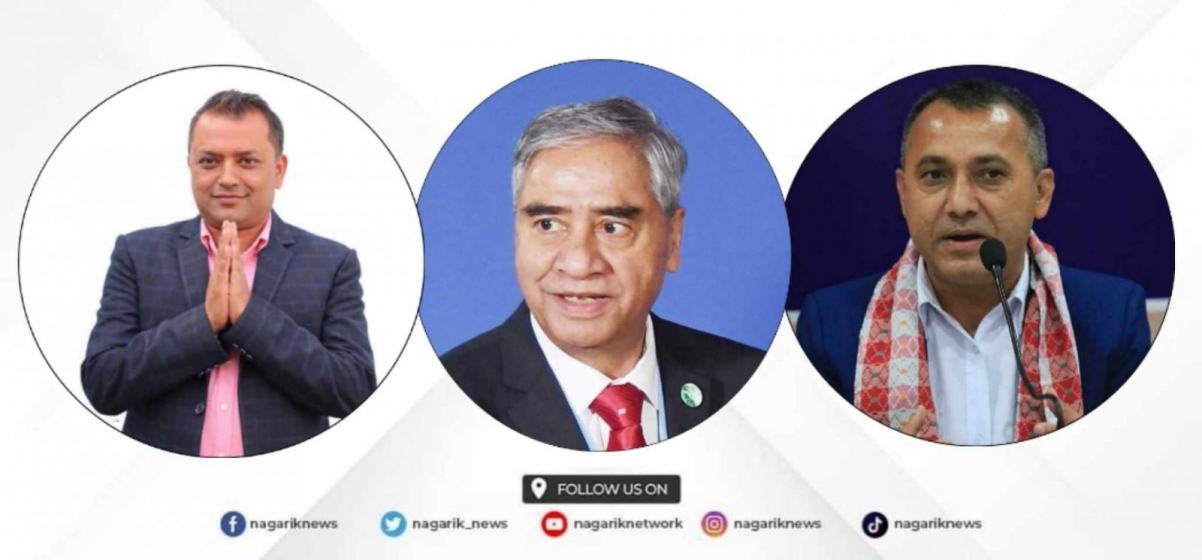
More from Author
- Rescued from Morang’s Urlabari, snow leopard now sheltered in air-conditioned enclosure at Lalitpur's Central Zoo
- NC general secretaries face criticism due to their dual character
- State Control over Media in Nepal
- Is the ruling alliance pulling an ‘election stunt’ in Nijgadh?
- Govt itself doesn’t want to build Nijgadh Airport
KATHMANDU, July 24: The meeting of the Nepali Congress (NC) Central Committee has been going on since last Tuesday. The country's oldest party, the Nepali Congress, is failing internally to fully follow democratic practices, but it is adept at external embellishment. Perhaps that is why the NC is trying to show its excellence in democratic practice by broadcasting its central committee meeting live for the first time. It is also being widely welcomed.
The footage of the meeting broadcast live from the official Facebook page of the party till Monday gave a clear message - 'There are a lot of factions and sub-factions within the party. Allegations are also being made in the setting of the three factions-sub-factions.’ However, there is also an opinion that the party should be taken as a whole at any cost. But until these factions and sub-factions are dispersed or concluded amicably, the votes cast for them during the elections will have no meaning.
After hearing the discussion of the meeting from last Tuesday to Monday morning and the statements and understandings of the central members and district chairpersons who are participating in it, it is clear that most of them are still part of the factions and sub-factions. They are trying to expose each other's faction and sub-faction leaders in that faction-sub-faction setting. In particular, the group that exposed Nepali Congress General Secretaries Gagan Kumar Thapa and Bishwa Prakash Sharma was seen as very active. Moreover, central members' anger towards Thapa was more than towards General Secretary Sharma. Also, some central members of the Thapa faction were also active in criticizing the establishment.
Many people were not sure that the central members would come to the defense of NC President Sher Bahadur Deuba in this way. Looking at the discussions of the meeting so far, most of the central members have clearly used one sentence as a question, that is, ‘why is the party leadership being exposed?'
Even in the central committee meeting held almost a year later, many activists and common people must have been surprised to see the number of central members who stood in defense of party President Deuba. Because from outside the party, it seemed that the establishment faction was gradually weakening. Moreover, listening to the criticism and sarcasm of the party leadership by the general secretaries of the younger generation in various meetings and programs, it seemed that the leadership was crippled. But the reality inside the party is different.
Party president Deuba is also an expert player in democratic practice and political history. Without speaking, they are going to address their opponents whether they are inside the party or outside. He took the criticism, comments and sarcasm of other parties and opposing factions as a democratic practice. Deuba didn't say much and didn't even care to respond.
Deuba also succeeded in yielding results in his favor. He has the experience of generating outcome in one’s own favor without even having to speak.
Also, Deuba, who is always successful in winning the political game and reaching the top position, is considered relatively unsuccessful in the game of winning the people’s support. However, he was successful in maintaining the atmosphere in his favor by keeping the rebel factions and groups within the party at bay. He succeeded in creating an atmosphere in his favor even after a year after the Central Committee meeting to be held every two months. This meeting has given good suggestions to the rest of the organization by correcting their mistakes and weaknesses.
Behind this is the inefficiency of factions and sub-factions outside the NC establishment. The establishment faction and those leading it have been participating in various democratic exercises within the party since the 14th convention. They are participating in every organizational exercise and competition within the party. From the outside, it is seen that the party leadership is obstructing, curbing the party constitution and democratic system at all these stages. If there is an attempt to curb the democratic practice contrary to the law, statute and system, then it is natural to struggle against it.
Due to the dual nature of factionalism against the leadership itself, some other factions in the organization are seen as weak. In particular, the group supporting General Secretary Gagan Kumar Thapa looks weak. Due to this duality in the current Central Committee meeting, the General Secretary has faced a lot of criticism. However, General Secretary Bishwa Prakash Sharma does not seem to be openly involved in the Thapa faction. He is trying to move forward by forming his own group. In recent days, he is getting close to the party Vice-president Purna Bahadur Khadka, while the Vice-president Khadka is the leader of a faction led by Deuba.
That is why Thapa became the ‘target’ of criticism from most of the members in the meeting, compared to the other General Secretary Sharma. The rebel faction and especially the Thapa faction should give up its dual character. Otherwise, in order to make the atmosphere in the party in its favor and to avoid being targeted by other factions, the establishment faction always keeps its faction and sub-factions active. For their self-fulfillment and achievement, the leaders of both factions and groups stay in the factions and sub-factions of each other and obstruct each other. External forces are also at play within this. And, there is always confusion within the party.
It is not good for other parties of the establishment faction. Criticism from other parties will not decrease but will increase. The establishment faction also starts spending time on protecting itself and its own rather than transforming the party and expanding the establishment, which is happening now. Because of dual character, the work of transforming the party, creating and expanding a strong organization and establishing democratic culture within the party can never be done.
You May Like This

Only Endemic Bird of Nation Calls for Conservation Action
Have you ever seen or heard the unique call of Spiny Babbler (Kaande Bhyakur)? Often hidden within dense scrublands, its... Read More...

Reflecting on a festive journey filled with memories and growth
Twenty-six years ago, amidst the serene settings of Forestry College in Hetauda, the Dashain festival vacation was a moment brimming... Read More...
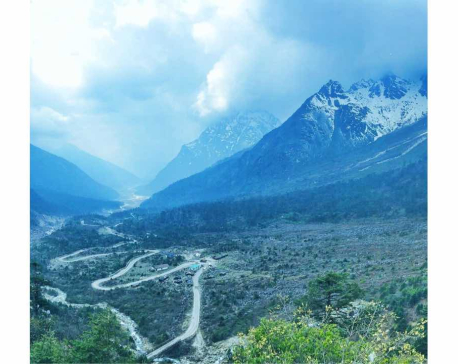
The Importance of Natural World: The Sooner We Realize the Better
I had an opportunity to visit the northern part of Sikkim recently: the enthralling and captivating beauty of Lachung, Yumthang... Read More...
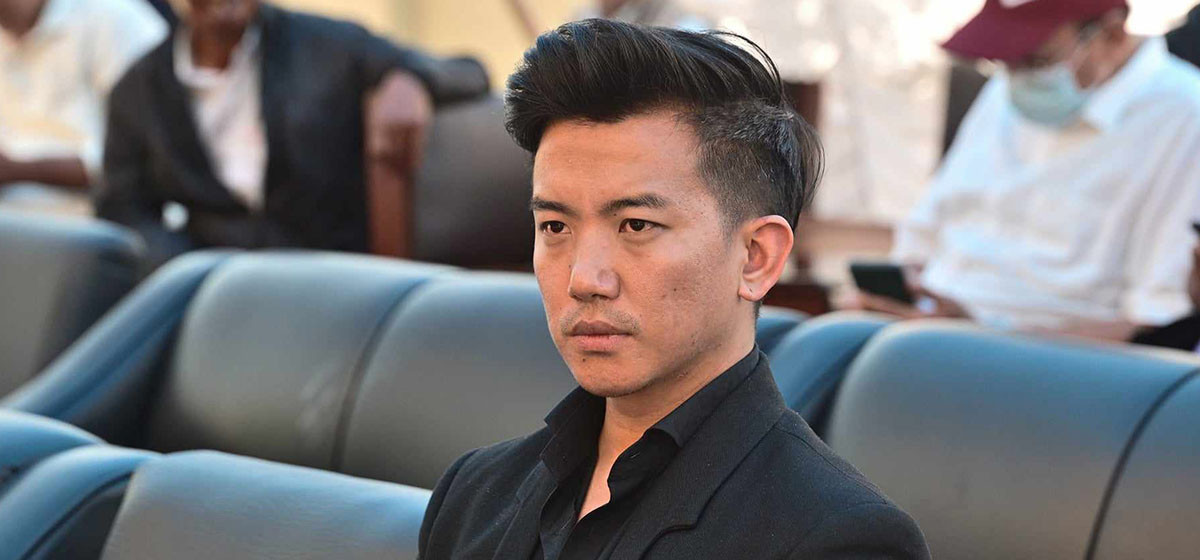
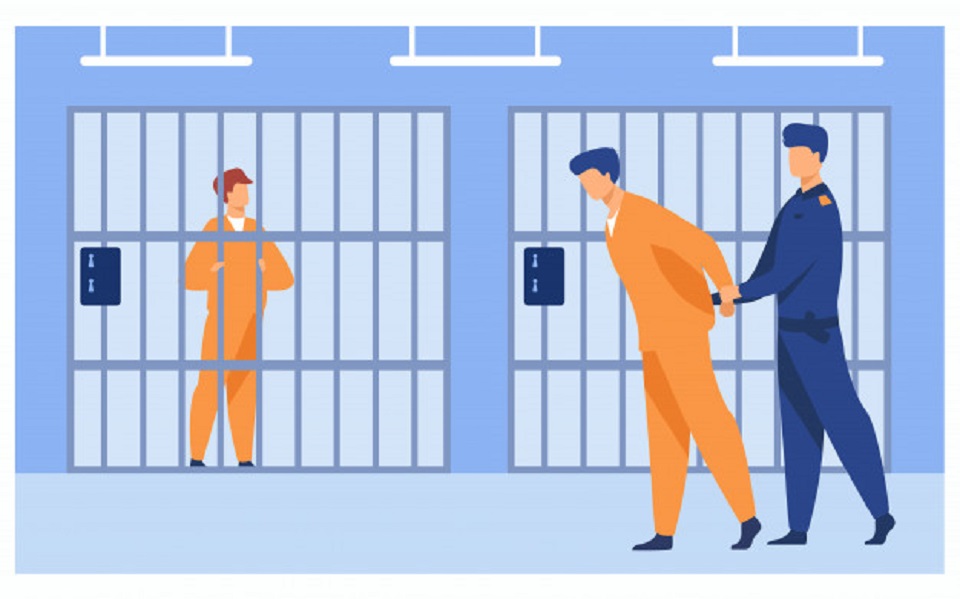
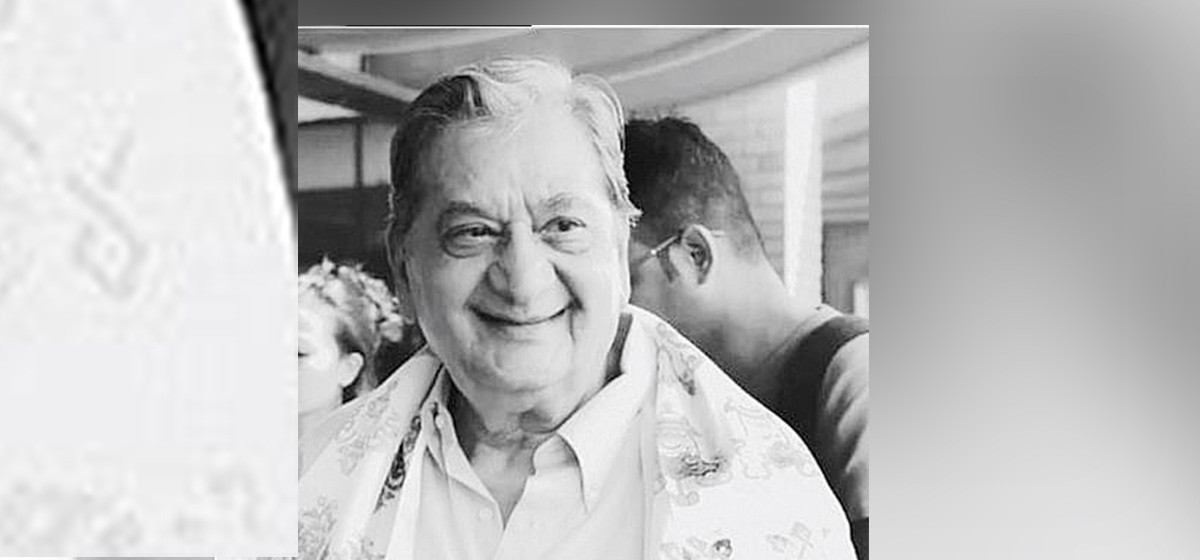


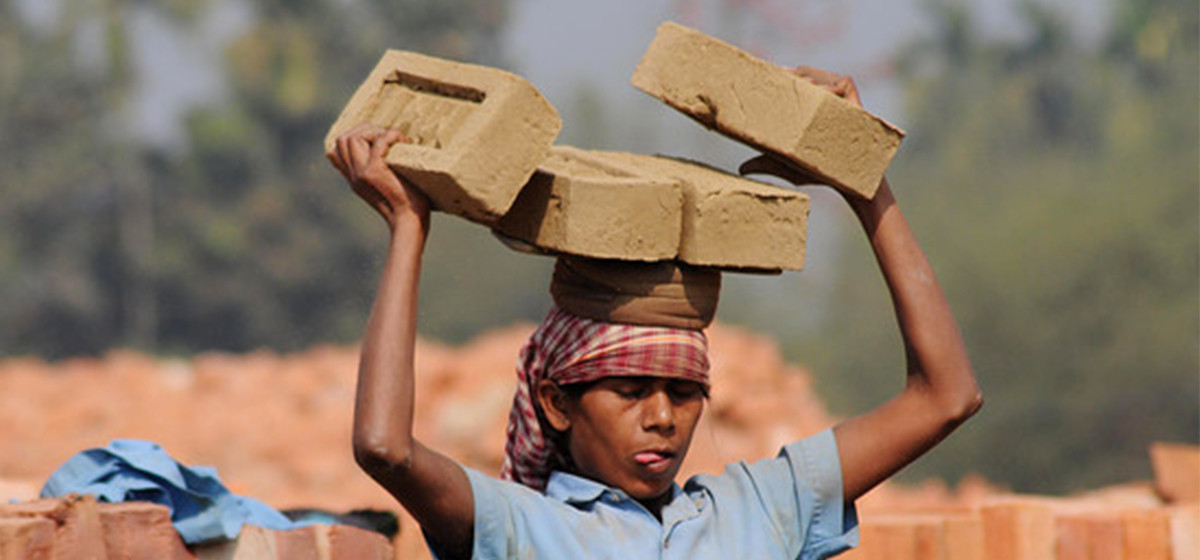
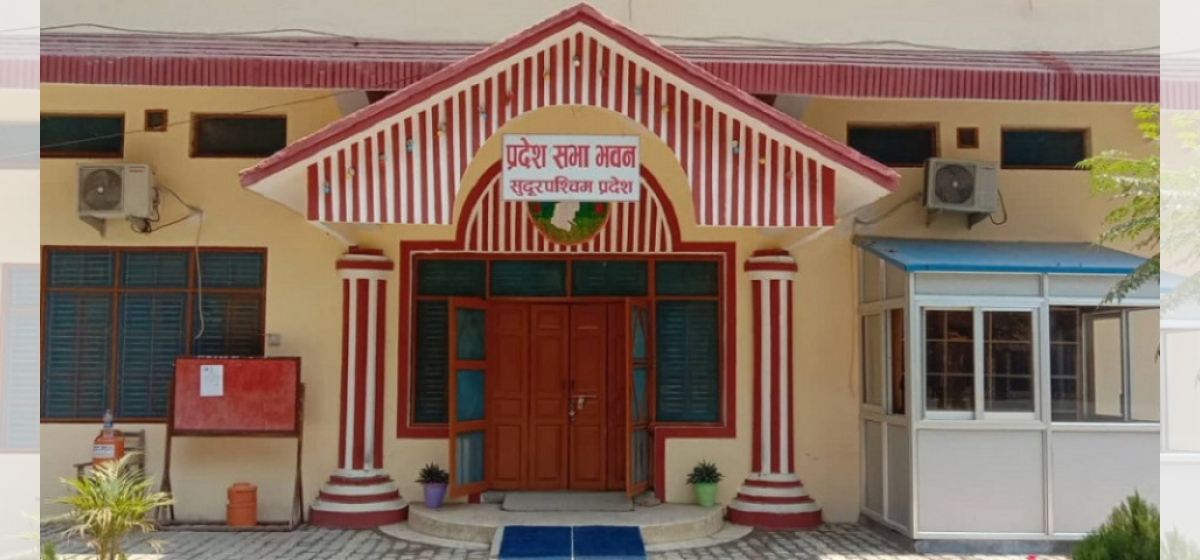
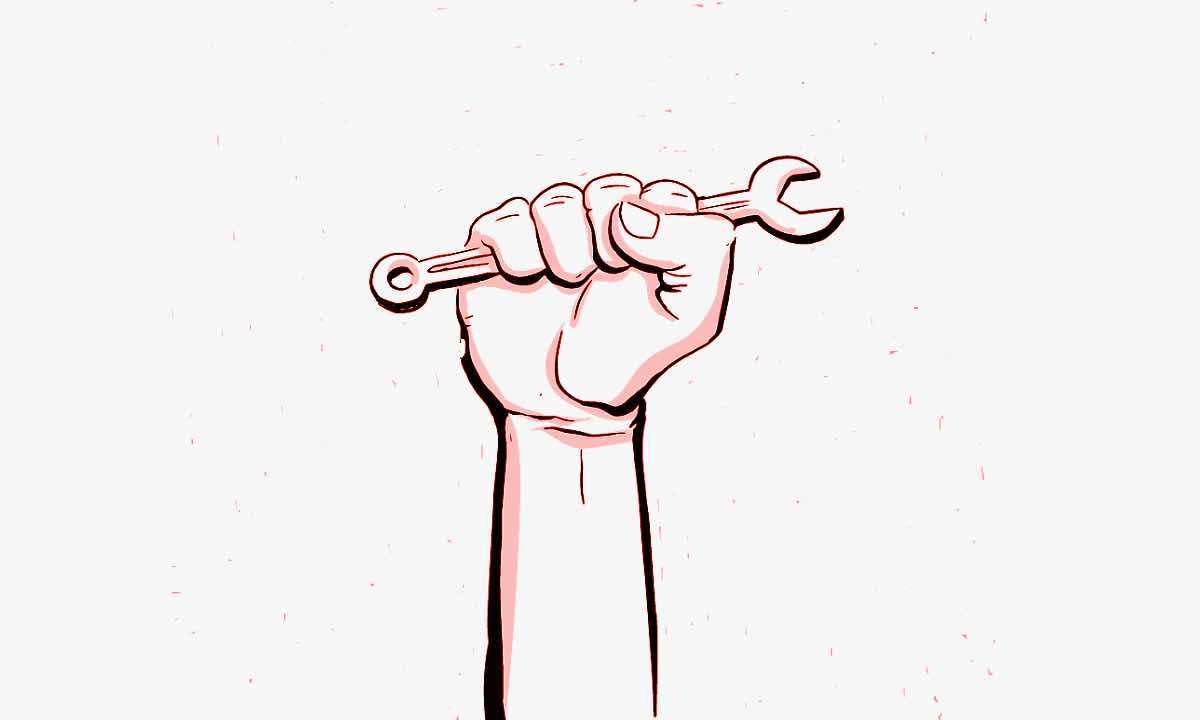
Just In
- Wildfires destroy around 300 hectares of forests in Udayapur
- International Labor Day being market today, President Paudel calls for creating an environment for decent labor practices
- Gusty winds likely in Lumbini, Madhesh and Koshi provinces today
- Sudurpaschim cabinet expanded
- Disarray in Trade Union Rights in Nepal
- ‘Legislative measures to avoid double taxation and ensure protection of foreign investment keys to bring FDI in Nepal’
- Kathmanduites urged to wear masks amid increasing pollution
- Nepal’s Siddha Devi Tea Estate wins ‘World’s Best Tea’ title



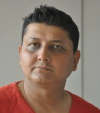

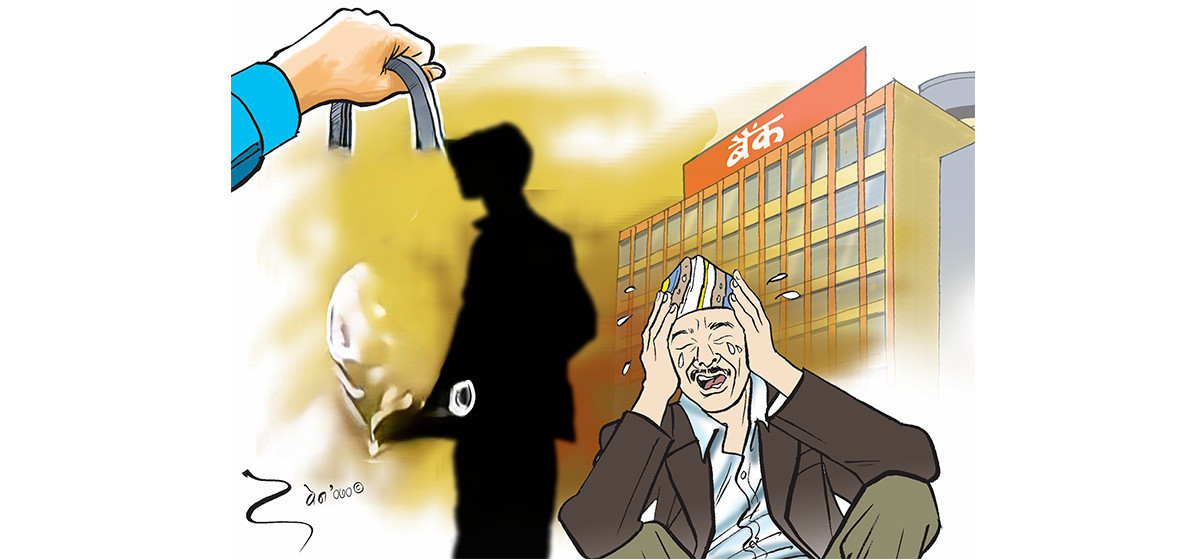
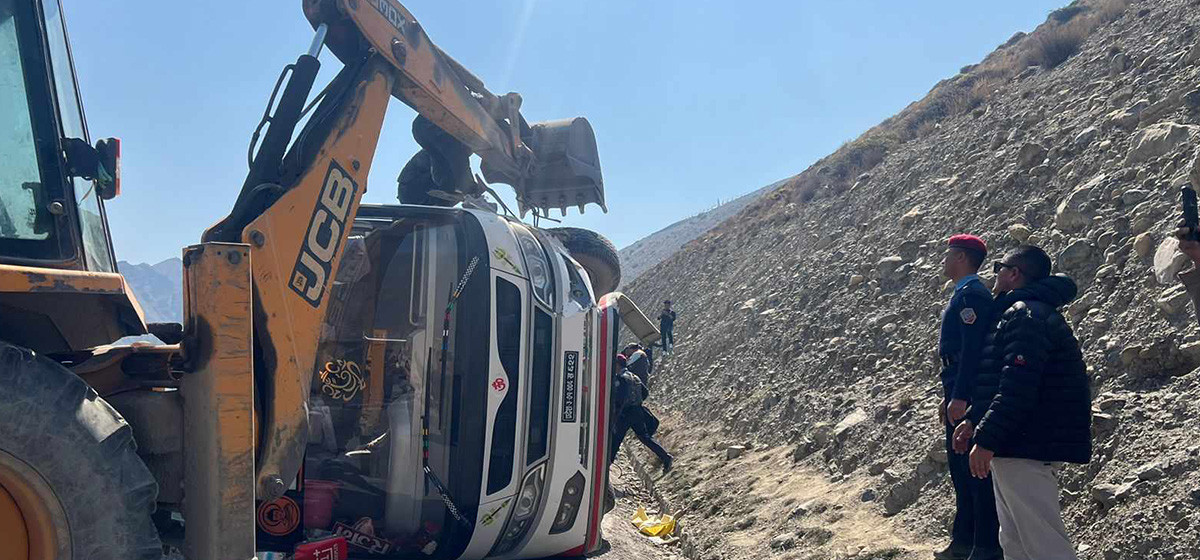
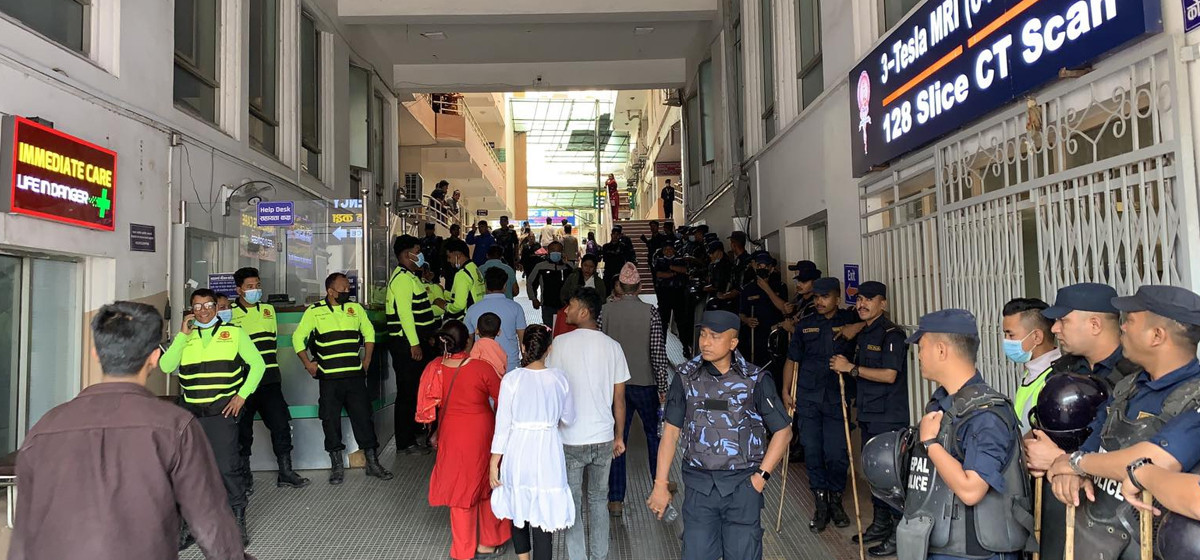

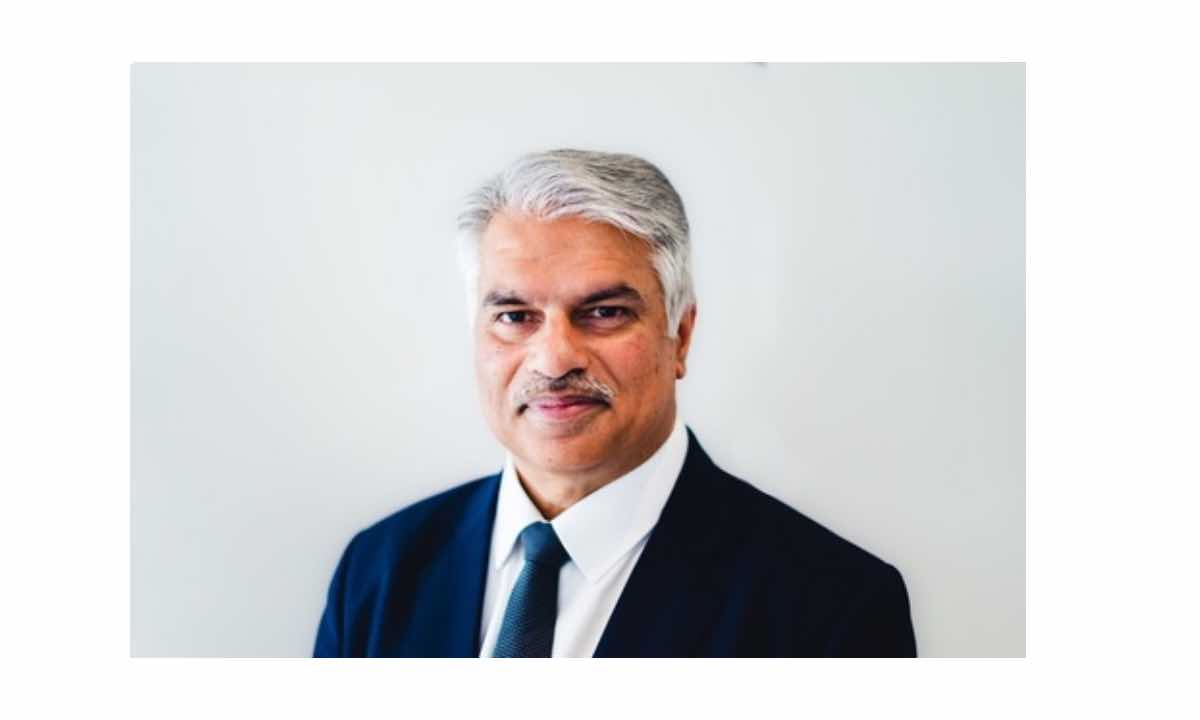


Leave A Comment